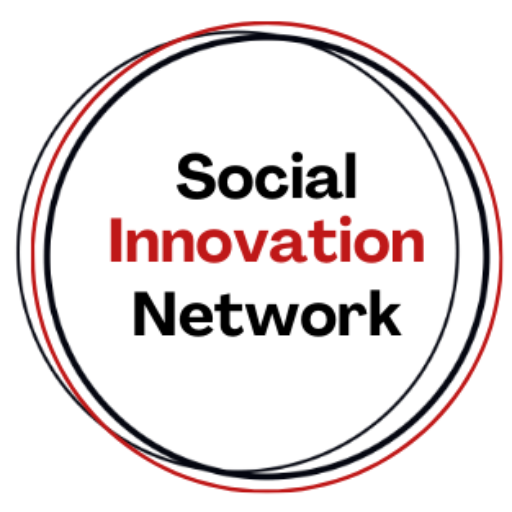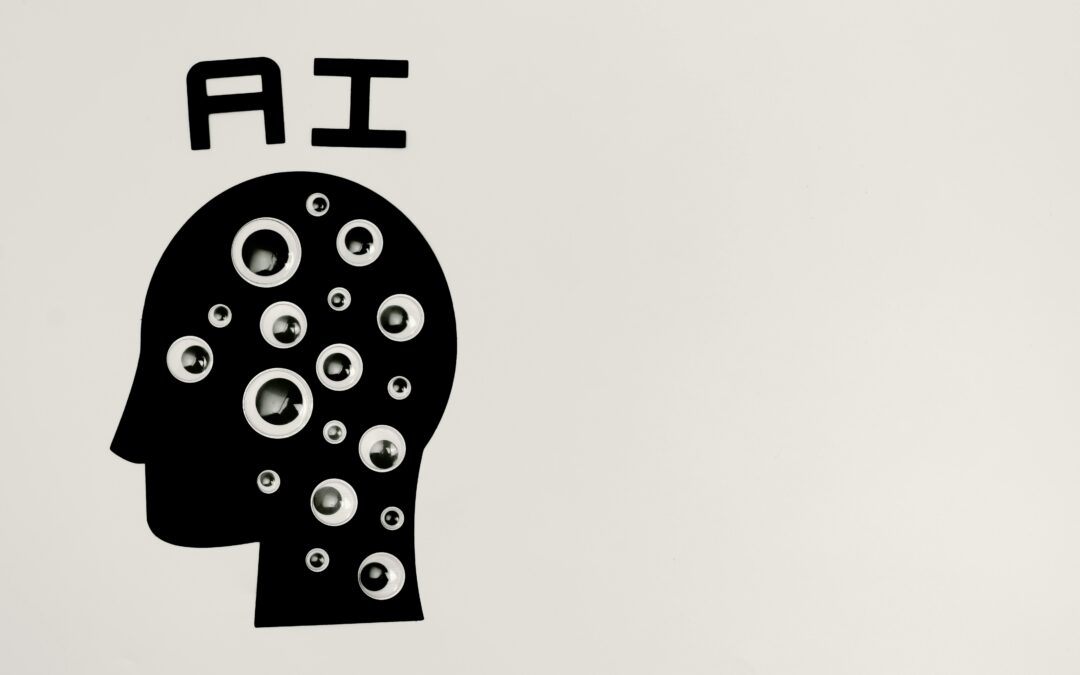Artificial Intelligence, or AI, is the ‘modern revolution’ that started in the past decade but it is still moving at a faster pace than we can ‘catch up’. It can be felt, seen and heard in every aspect of our lives and the overall society, where we are all part of. Even though there were overall concerns from the public and different academics that AI will inevitably exceed some human abilities or outcompete our species, today there are a lot of AI driven projects and AI offers a lot of opportunities for creating and building different solutions for some of the most pressing social innovation challenges like healthcare, education, environmental sustainability, social justice and equity and etc. What is the future of AI in improving healthcare, modernizing education, enhancing
environmental sustainability or accomplishing bigger social equity?
● The AI potential for better healthcare
Given the fact that AI has now become an important part and necessity of our lives and knowing that it can improve or offer better healthcare it just makes us appreciate it even more. With the use of computers and machines, AI can detect different disease outbreaks, improve the optimization of treatment plans, improve patient medical condition or identify different patterns or anomalies that can help in diagnosing various diseases, even more critical ones like cancer.
Due to incomplete or lost medical documents, the rate of deaths is around 100,000 each year and the possibility of predicting and diagnosing diseases with AI is currently the most pressing social innovation challenge in the healthcare industry.
● How is AI changing education today?
The educational system under the influence of AI, today is upgraded and reformed in a way that is personalized for each student as an individual. There are a lot of colleges and universities that have already implemented AI learning, through AI tutoring, AI chatbots, etc. Beside these seemingly harmless AI learning tools for students, there is also the release of ChatGPT, that led to countless opinions about how ineffective the tool could be for colleges and universities around the world if students start ‘’abusing’’ the model, by using plagiarism or develop lack of originality and motivation to use their own creativity.
There are a lot of potential dangers of AI in the educational system, however, it is still a vital social innovation challenge that is worthy to be tackled.
● AI impact in increasing environmental sustainability
The support that AI has in the environmental research and data increases the promotion of environmental sustainability as a fundamental social innovation challenge. Optimizing the use of energy, predicting extreme weather changes and decreasing carbon emission are one of the ‘footprints’ of using AI and machine learning. On the other side, the computing power needed to train advanced AI models has been doubling, and the consequence is 14% of the global emissions. These trends show the urgent need to tackle AI’s growing carbon footprint and its impact on the environment. However, “AI will transform business practices and industries and has the potential to address major societal problems, including sustainability’’, have argued AI researchers Rohit Nishant, Mike Kennedy and Jacqueline Corbett.
● Can AI help in achieving greater social equity?
Decreasing social injustice is the social innovation challenge that AI can overcome and succeed over time. Through carefully designed-unbiased algorithms that are gathering evidence of a crime, no matter the race, color, gender, and etc, AI can significantly help in making equal and fair decisions for all humans, especially the marginalized communities. First Place For Youth is an organization that uses precision analytics with AI that predicts patterns of behavior of different young people and discovers the possible outcome, based on clear unbiased evidence. With the AI algorithm, the organization can identify whether different demographic groups are receiving equal access or not and that is a first ‘drop in the ocean’ for achieving a greater social equity.
In conclusion, AI’s potential to influence social innovation challenges like healthcare, education, environmental sustainability, and social equity is enormous. However, while there are a lot of benefits and positive results of adopting AI in dealing with these challenges, let’s not forget that there are also risks and concerns of different nature that need to be considered before using AI. To fully ‘exploit’ the AI potential for social good it is crucial to design systems that are ethical, inclusive, and equitable, ensuring that they serve all communities fairly. So, as AI continues to develop, its impact on creating a more just and sustainable future will rely on how well we can balance its challenges with its potential.
By Ljupka Janevska
References :
● Christina Silcox, Eyal Zimlichmann, Katie Huber, Neil Rowen, Robert Saunders, Mark McClellan, Charles N. Kahn III, Claudia A. Salzberg, David W. Bates, 2024, ‘’The potential for artificial intelligence to transform healthcare: perspectives from international health leaders’’, https://www.nature.com/articles/s41746-024-01097-6
● Joanna Bryson, 2019, ‘’The future of AI’s impact on society’’, https://www.technologyreview.com/2019/12/18/102365/the-future-of-ais-impact-on-society/
● World Economic Forum, 2023 ‘’AI for Impact: Artificial Intelligence in Social Innovation’’ https://www.weforum.org/publications/ai-for-impact-artificial-intelligence-in-social- innovation/
● Hyperight, 2023, ‘’Applying AI for Social Good to Solve Today’s Global Challenges’’, https://hyperight.com/applying-ai-for-social-good-to-solve-todays-global-challenges/
● McKinsey & Company, 2024 ‘AI for Social Good’’, https://www.mckinsey.com/capabilities/quantumblack/our-insights/ai-for-social-good






